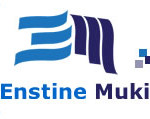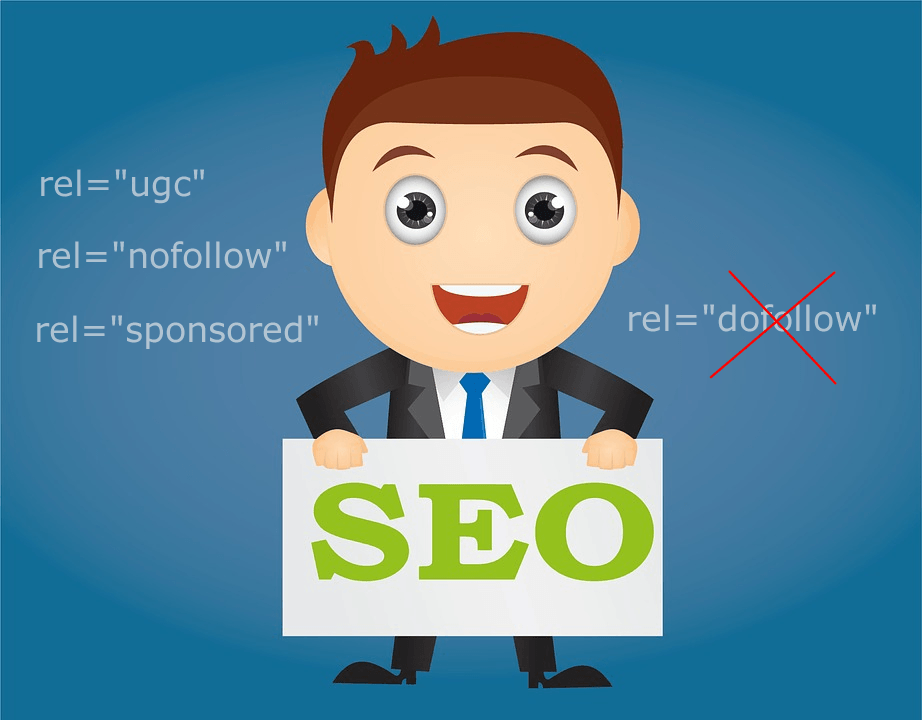Link building remains an important Off page SEO exercise and two things matter since 2005:
- Dofollow (regular links)
- Nofollow
While these are all required to balance up a backlink profile, Google has come up with two more link attributes:
- Sponsored
- UGC (User Generated Content)
One of the things you must never forget is that change is constant and Google will always introduce something new to turn the way you do your business.
There are several link building activities most of which are blackhat. But the search giant keeps working on ways to improve their search algorithms.
Read this: SEO for newbies: How to rank as a noob, even if you are idiot! no insult.
Nofollow Vs Sponsored Vs UGC and how it concerns you
The nofollow link type was introduced in 2005 to help Google fight against comment spam. Over the years, this has become the only way to flag advertising-related, sponsored or bought links.
Adding Sponsored and UGC will help Google appropriately analyze and use links within their systems. So here is how it goes:
1 – rel=”nofollow”: Use this in a link if you do not want search engine spiders or web crawler to transfer link juice to the linked page. Before now, this was recommended on links in sponsored posts.
<a href=”https://somelink.com/goes-here” rel=”nofollow”>link anchor here</a>
2 – rel=”ugc”: (ugc stands for User Generated Content, also referred to as user-created content (UCC)). Briefly in out context, this is content on a website created by its users. Use this attribute for links within forums and comments.
<a href=”https://somelink.com/goes-here” rel=”ugc”>link anchor here</a>
Question for you: Do you think expert roundup post is UGC? Please drop a comment below
3 – rel=”sponsored”: Do you get paid for articles on your blog? While we were advised to use the nofollow attribute before now, this has been introduced to serve the purpose. Use it on links created for advertisements, sponsorships or other compensation agreements.
<a href=”https://somelink.com/goes-here” rel=”sponsored”>link anchor here</a>
Dangers of sponsored posts
I created a post in the past about the dangers of sponsored posts for both advertisers and publishers. But as this seems to be a quick way to make some bucks for established blogs, we keep getting mails like this:
As noted, one of the big reasons someone would pay you to have his article on your blog is to get that SEO vote. But Google is saying no to this ranking manipulative tactic.
If you are going in for a deal with an advertiser who denies the sponsored link attribute, it’s at your risk. Of course the advertiser stands a big risk as well.
Which link attribute for Guest posting?
Watch this: How to do SEO When You Do not Have Money to Invest?
Guest posting is a link building activity. However, the networking, referral traffic, branding and exposure advantages shouldn’t be underrated.
Following these recent changes, you should be thinking from the other side of your brain if your main link building tactic was guest posting.
Guest content is considered user-generated. That means the rel=”ugc” should be used on all guest submitted blog posts.
How Google treats links with ugc attribute in their algorithms is not quite clear at the moment. However with time, this attribute may carry some credit.
Note that these three attributes are ranking Hints (meaning they likely won’t impact ranking), generating data for Google to improve their ranking system. I’m pretty sure Google has a long term goal. While I encourage you comply immediately, we should still expect more changes.
rell=”nofollow” will soon become a “Hint” for crawling and indexing
Before 1 of March 2020, the rel=”nofollow” attribute is stoppage to Google crawling and indexing linked pages. That means once used, Google spiders don’t have a choice. They are stopped.
But this is soon changing with the attribute becoming a crawling and indexing hint as from March 1, 2020. What this means is that Google may choose to ignore the directive and crawl the link.
Key points to note about the new link attributes
Here are some important points you should know about this Google update:
- You do not need to change your existing nofollow links on sponsored posts. If you have published paid content in the past with nofollow attribute, you are fine as this is still valid.
- If you want to avoid a possible link scheme action, it’s highly recommended using the sponsored hint on all links on paid posts.
- You can use more than one rel value in a link. For example, rel=”ugc sponsored” is a valid attribute indicating that the link came from a sponsored user-generated content.
- These three attributes are officially ranking “hints”. That means Google may choose to ignore them in some cases.
Building or earning links?
Link building is your deliberate effort to create content on other sites with the purpose of linking back to your site.
This includes activities such as guest posting, blog commenting, forum posting, sponsored posting etc. If webmasters strictly adhere to the new recommendations, link building may end up with you getting more nofollow, ugc and sponsored links.
Earning links is by far the best approach to get improved search ranking and natural traffic. But this happens to be quite difficult as your only effort would be to create and publish link worthy content. However, here are some tips to help:
- Establish yourself as a leader in your niche
- Create tough, linkable content
- Network with others in your industry
- Link out to others in your own blog posts
- Etc
A link earned is 10 times worth a link built.

